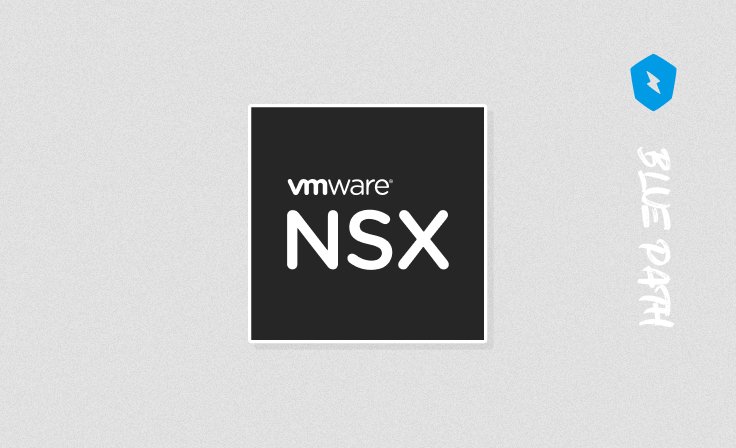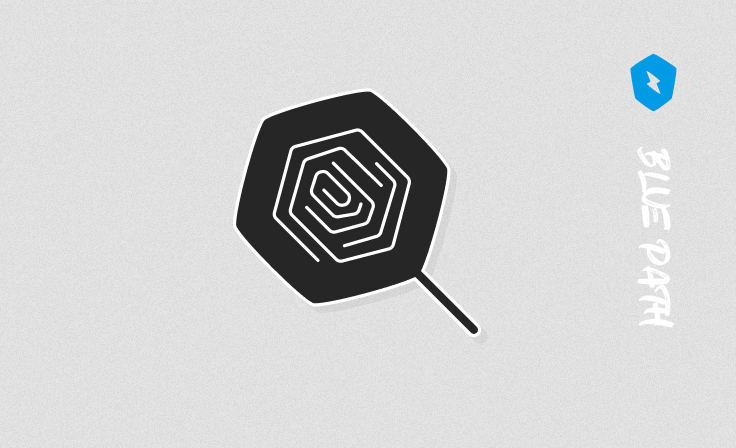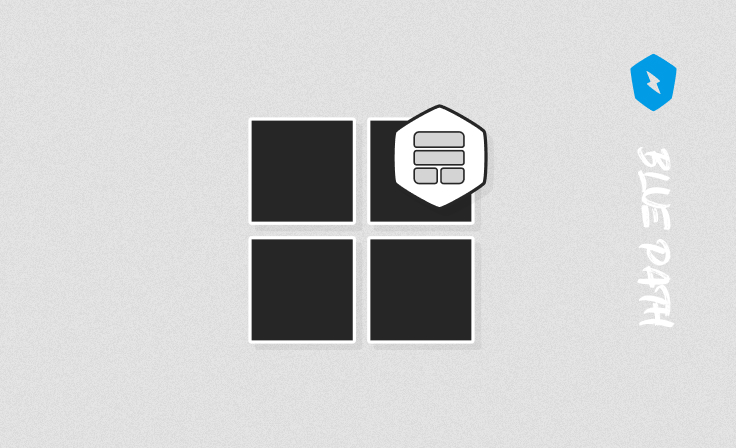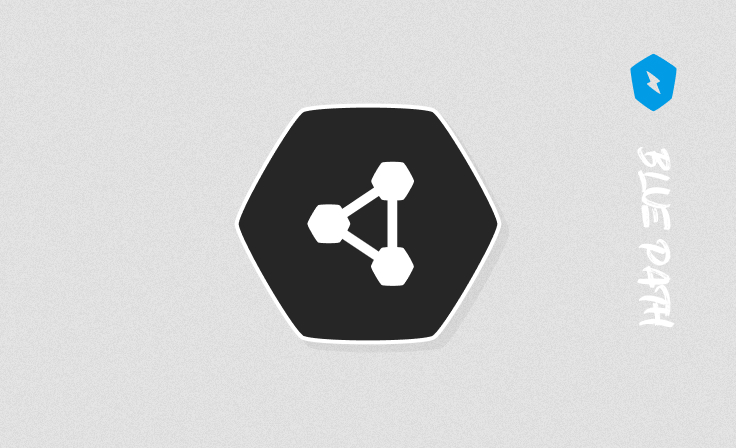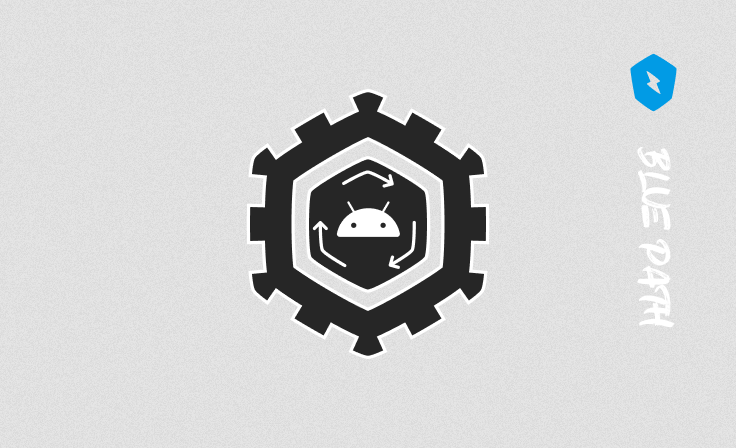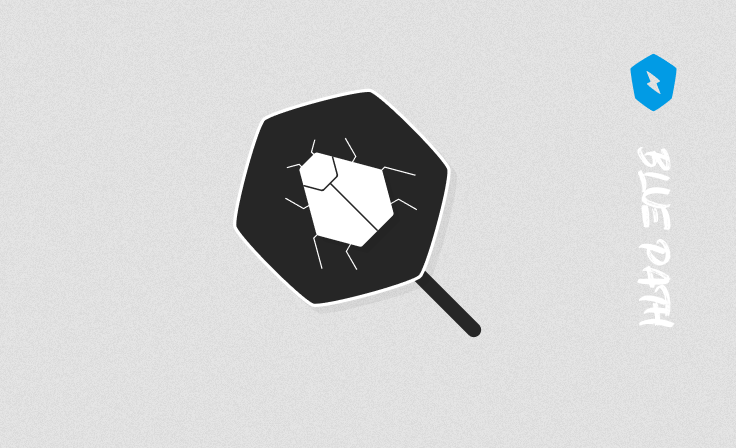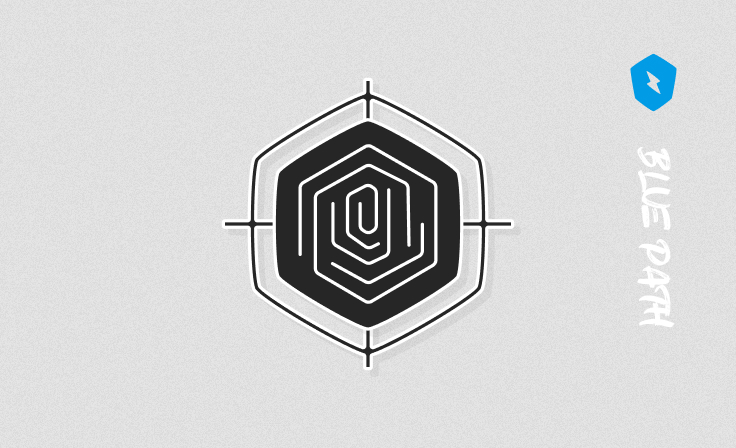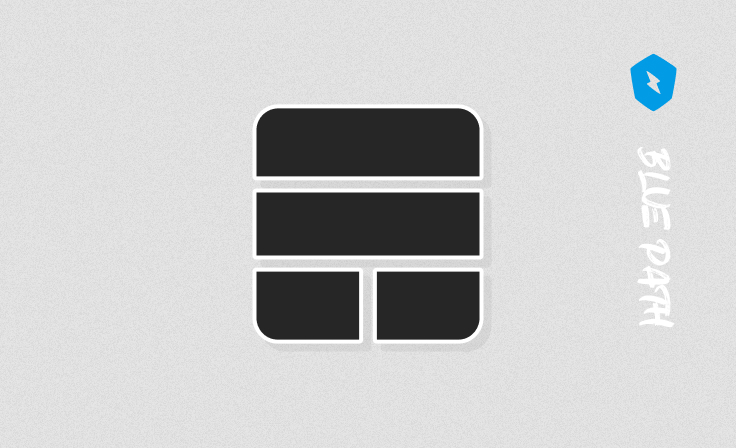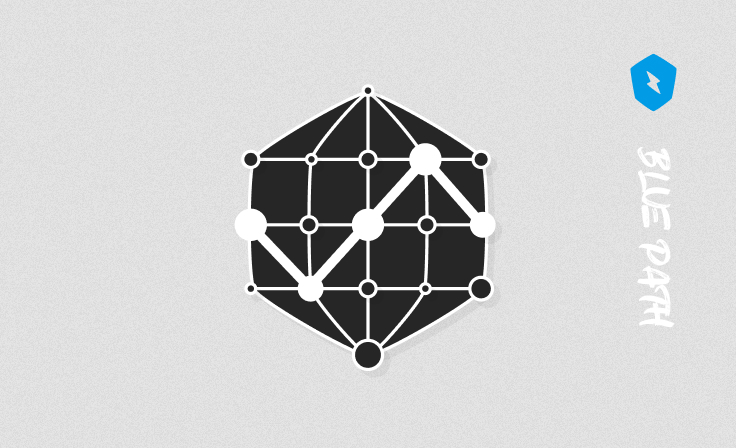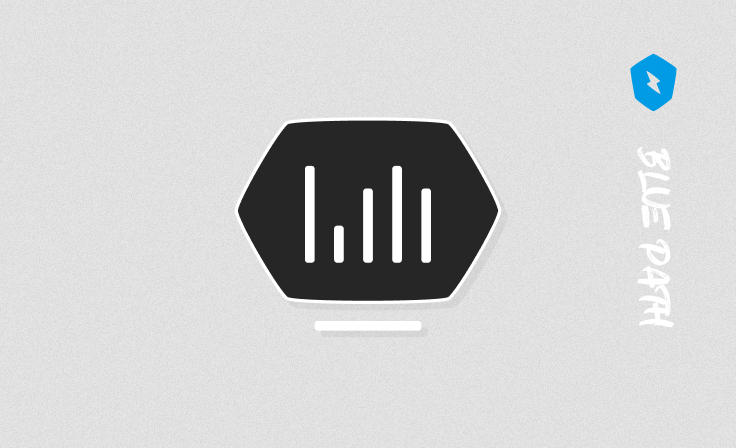Blue Team Fundamentals
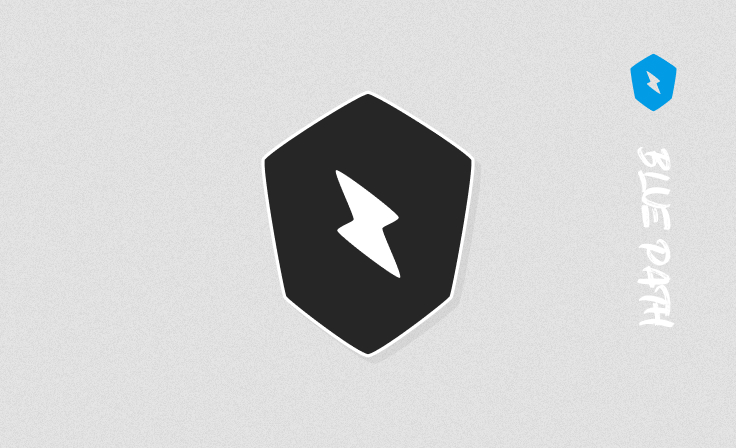
Blue Team Fundamentals
پس از پرداخت اطلاعات به ایمیل شما ارسال خواهد شد
- متوسط
- مسیر آبی
- ۵ درس

دربارهی این دوره
افزایش پیچیدگی حملهها و نرخ موفقیت نفوذ مهاجمان سایبری در سالهای اخیر، سبب شد تا سازمانها در کنار جلوگیری و پیشگیری از نفوذ به زیرساخت خود، تمرکز ویژهای بر روی شناسایی تهدیدهای سایبری در زیرساخت داشته باشند. همین امر موجب شد تا به راهکارهای جدید و پیچیدهتری برای مقابله با نفوذگران در مرحلهی پس از نفوذ، روی بیاورند. در همین راستا مراکز عملیات امنیت (SOC) در بسیاری از سازمانهای سراسر دنیا طراحی و پیادهسازی شده است. یکی از مهمترین گروههای فعال در این مراکز، تیمهای آبی هستند.
یک تیم آبی ماهر میتواند با استفاده از آخرین ابزارها و تکنیکها، نقش مهمی در کمک به توسعهی یک برنامهی جامع برای دفاع سازمانی ایفا کند. در اغلب موارد، میتوان تیم آبی را بهعنوان یکی از فعالترین گروههای امنیتی سازمان در نظر بگیریم. تیمهای آبی بر تهدیدهای سطح بالا متمرکز هستند و وظایف مربوط به بهبود مستمر در تکنیکهای شناسایی و پاسخ به رخدادها را بر عهده دارند. به عبارت دیگر تیمهای آبی وظایفی، مانند نظارت، شناسایی و واکنش به رخدادهای امنیتی را انجام میدهند. این تیمها در اغلب سازمانها بهصورت مستمر تکنیکها و فرایندهای خود را بهبود میدهند و دلیل این امر تغییر روشهای مورد استفادهی مهاجمان و افراد خرابکار سایبری است.
مدتزمان این دوره ۴۰ ساعت است.
سرفصلهای دوره
-
Blue Team Tools and Operations
-
Introduction to the Blue Team Mission
-
SOC Overview
-
Defensible Network Concepts
-
Events, Alerts, Anomalies, and Incidents
-
Incident Management Systems
-
Threat Intelligence Platforms
-
SIEM
-
Automation and Orchestration
-
Who Are Your Enemies?
-
-
Understanding Your Network
-
Corporate Network Architecture
-
Traffic Capture and Analysis
-
Understanding DNS
-
DNS analysis and attacks
-
Understanding HTTP and HTTPS
-
Analyzing HTTP for Suspicious Activity
-
How SMTP and Email Attacks Work
-
Additional Important Protocols
-
-
Understanding Endpoints, Logs, and Files
-
Endpoint Attack Tactics
-
Endpoint Defense In-Depth
-
Network scanning and software inventory
-
How Windows Logging Works
-
How Linux Logging Works
-
Interpreting Important Events
-
Log Collection, Parsing, and Normalization
-
Files Contents and Identification
-
Identifying and Handling Suspicious Files
-
-
Triage and Analysis
-
Alert Triage and Prioritization
-
Perception, Memory, and Investigation
-
Mental Models for Information Security
-
Structured Analysis Techniques
-
Analysis Questions and Tactics
-
Analysis OPSEC
-
Intrusion Discovery
-
Incident Closing and Quality Review
-
-
Continuous Improvement, Analytics, and Automation
-
Improving Life in the SOC
-
Analytic Features and Enrichment
-
New Analytic Design, Testing, and Sharing
-
Tuning and False Positive Reduction
-
Automation and Orchestration
-
Improving Operational Efficiency and Workflow
-
Containing Identified Intrusions
-
گواهینامهی دوره






